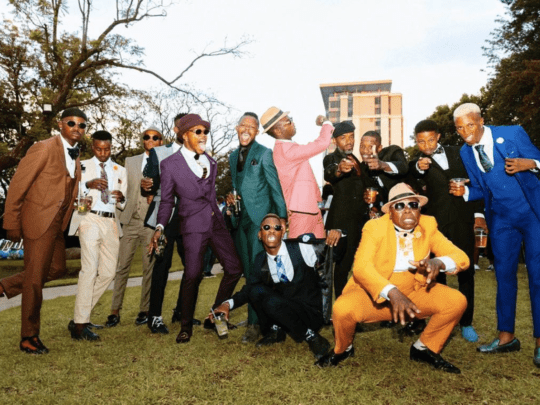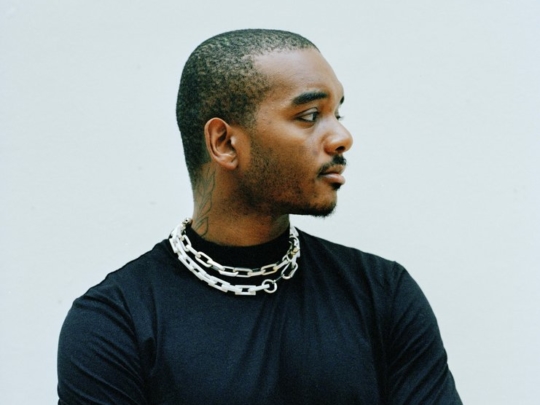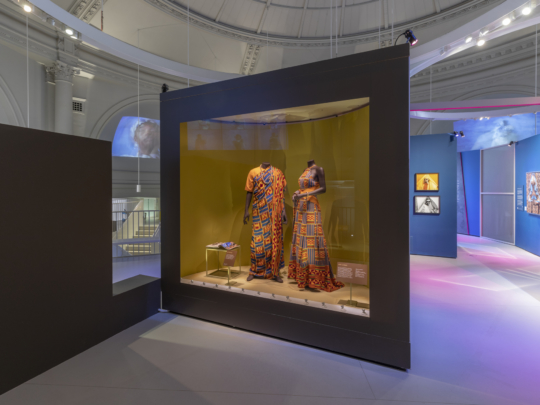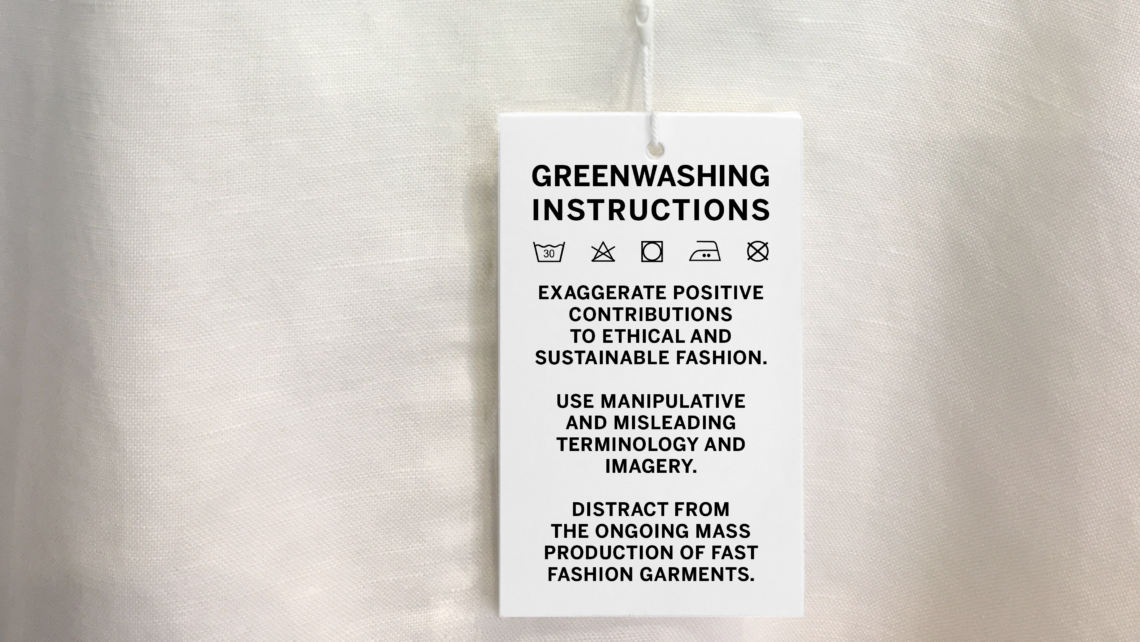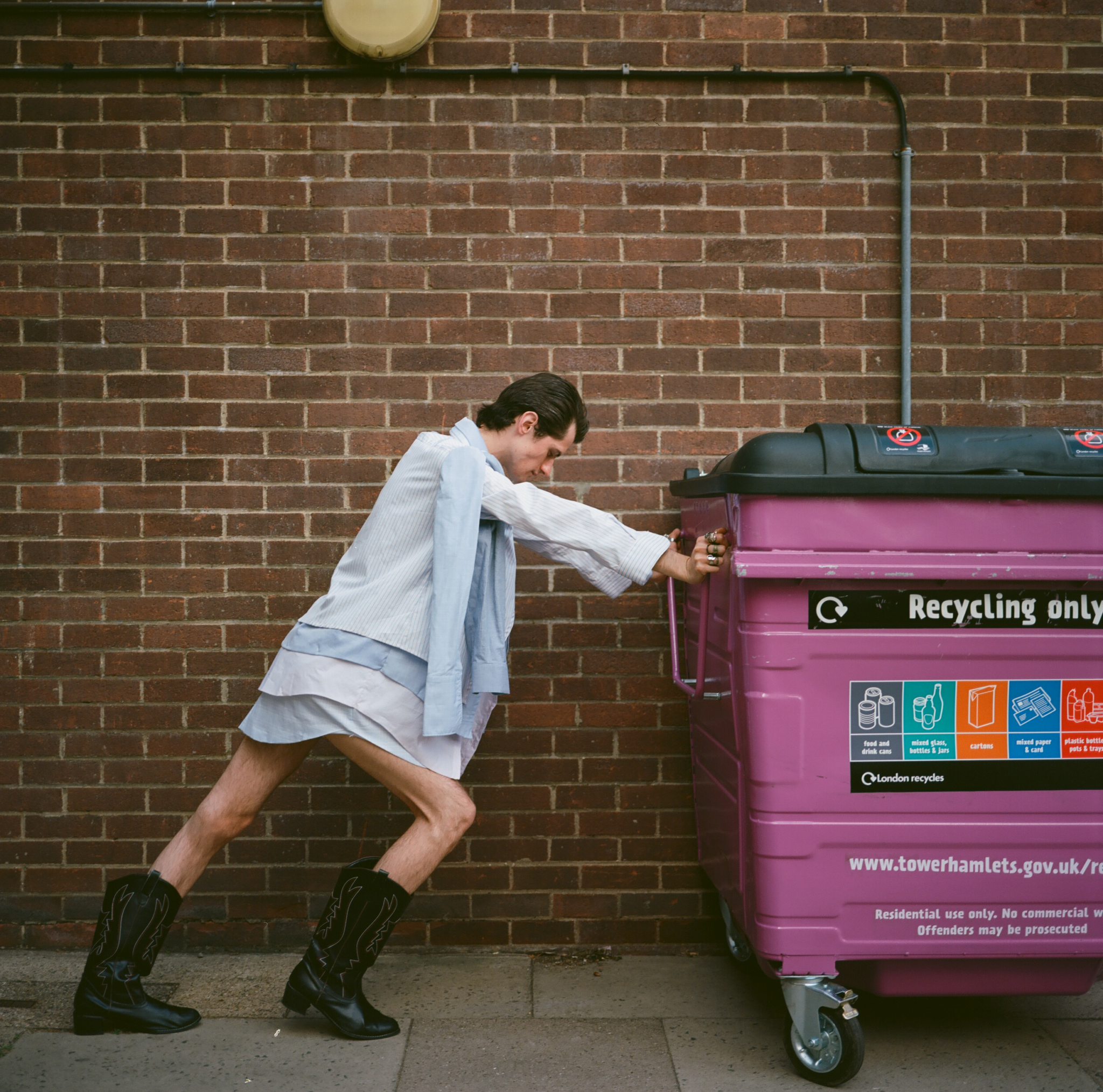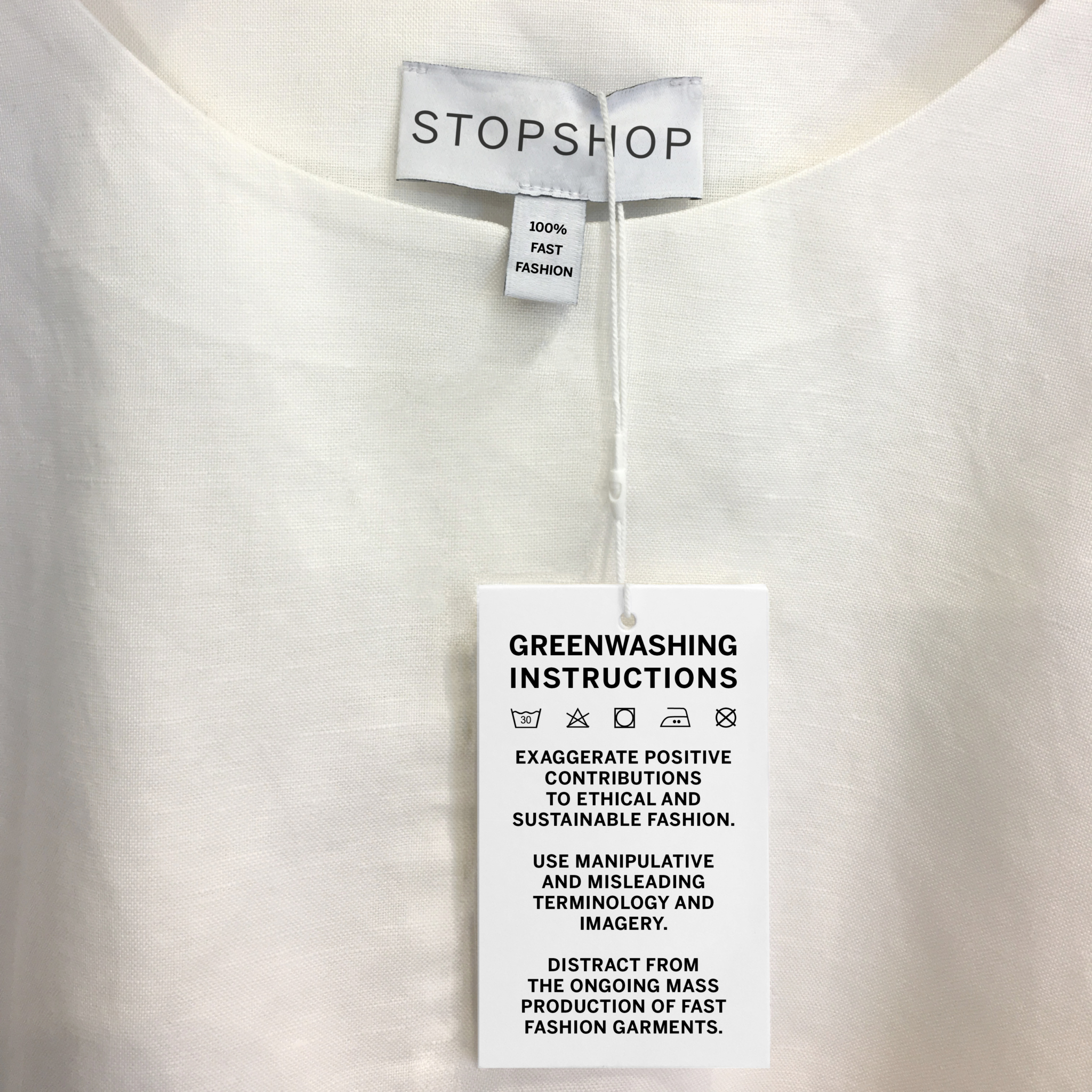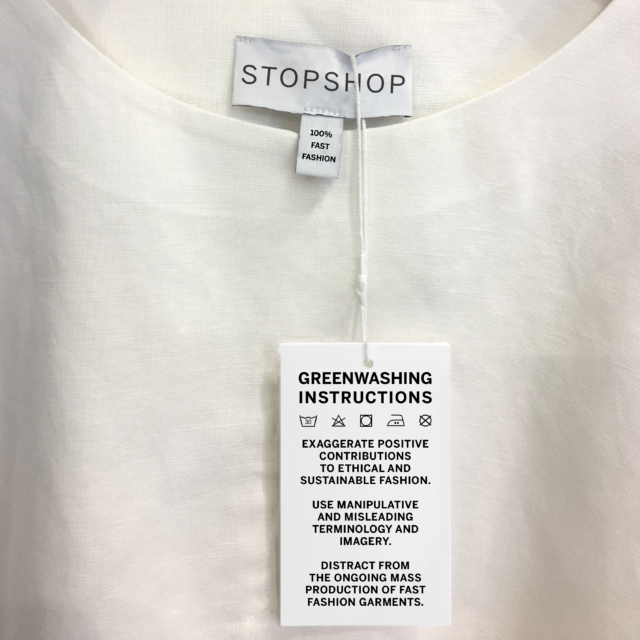Scroll through the PETA website and you’ll see a whole host of brands proudly signed up to their vegan certification, from British mainstream retailer Miss Selfridge to Japanese fair trade fashion pioneer People Tree. Veganism is a hot topic, and fashion is, understandably, fanning the flames. In 2019, over 250,000 people worldwide pledged to join the Veganuary campaign. Meanwhile, the UK saw a 75% increase in products described as ‘vegan’ from 2018 to 2019, with the beauty and footwear sectors leading the charge.
For Nina Marenzi, founder of not-for-profit consultancy The Sustainable Angle, vegan fashion is an entrée to the complexities of sustainable fashion. Veganism has become synonymous with sustainability in common parlance, easier to digest than ideas of regenerative agriculture and conscious manufacturing. “It’s difficult to communicate sustainability,” says Nina. “But fashion and food connect us all.”
From an animal welfare perspective, vegan fashion is a step in the right direction, making it easier for dietary vegans to adopt a full-fledged vegan lifestyle. PETA-Approved products contain no leather, fur, wool, skin, exotic skins or any other animal-derived fabric. But does that mean they’re sustainable?
The strong presence of plastic in vegan products is a sore point. British supermarkets are required by law to charge for plastic bags, while single-use plastics such as straws and cotton buds will be banned in the UK from April 2020, and in Canada from 2021. Eight countries, including the US and Italy, have banned the production and sale of microbeads. But as plastic faces a public backlash elsewhere, it’s having a moment in fashion. In a bid to chime with sustainably-minded customers, many brands are swapping animal-derived fabrics like leather and fur for synthetic alternatives. According to sustainable consultancy Common Objective, synthetic fabrics, derived from non-renewable fossil fuels, now make up more than 65% of fibres used in the global textile and apparel industry.
New York-based journalist Sophia Li is keen to point out that vegan leather is not the only tactic employed by big businesses to divert attention from deeply-ingrained issues with sustainability: reusable coffee cups and canvas tote bags are equally surface-level changes that facilitate guilt-free consumption without actually altering much. Speaking at the Slow Factory x Study Hall symposium in London back in April, she said: “I don’t need my shampoo to be vegan. I need sustainability to be a reality.”

